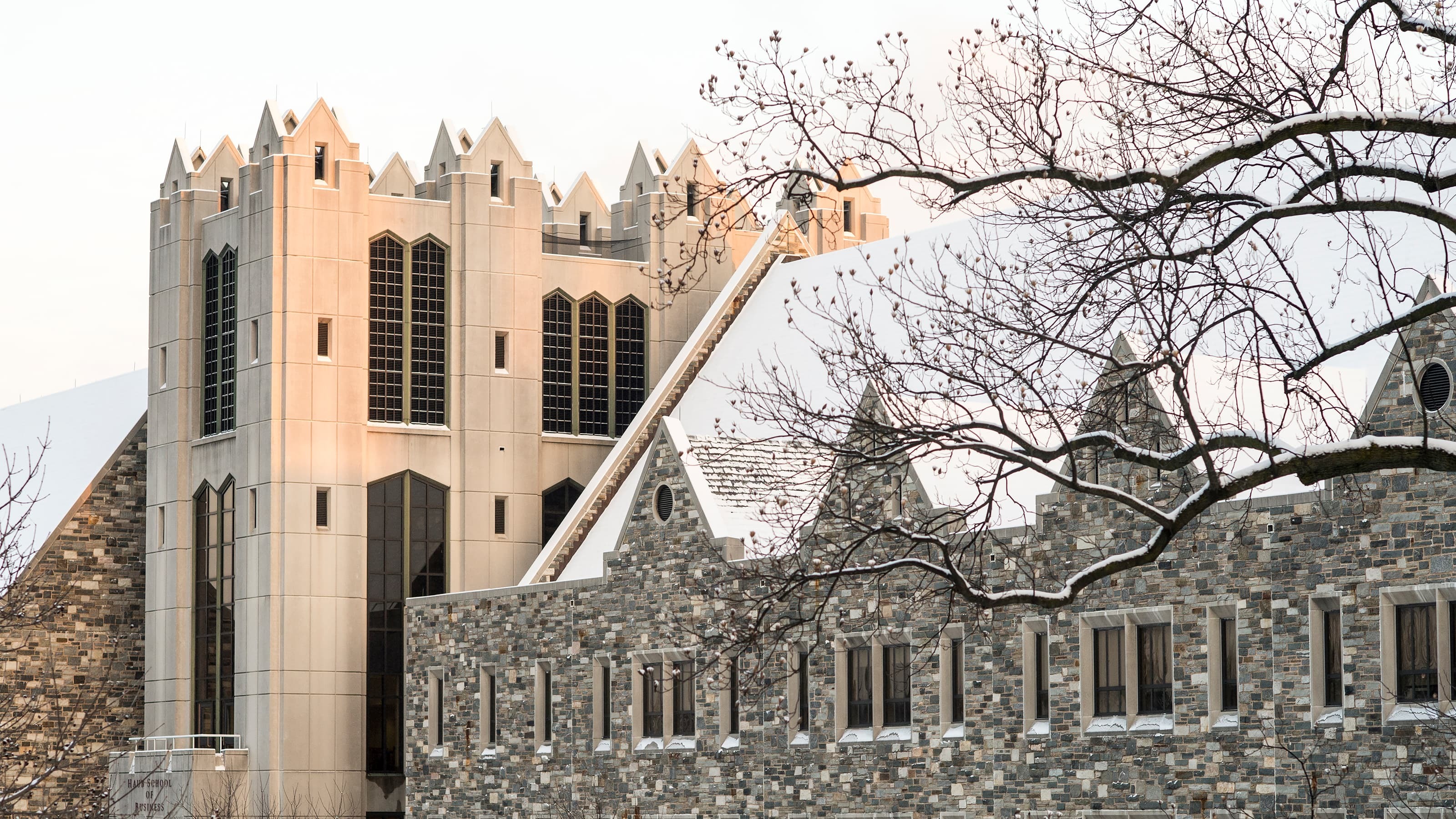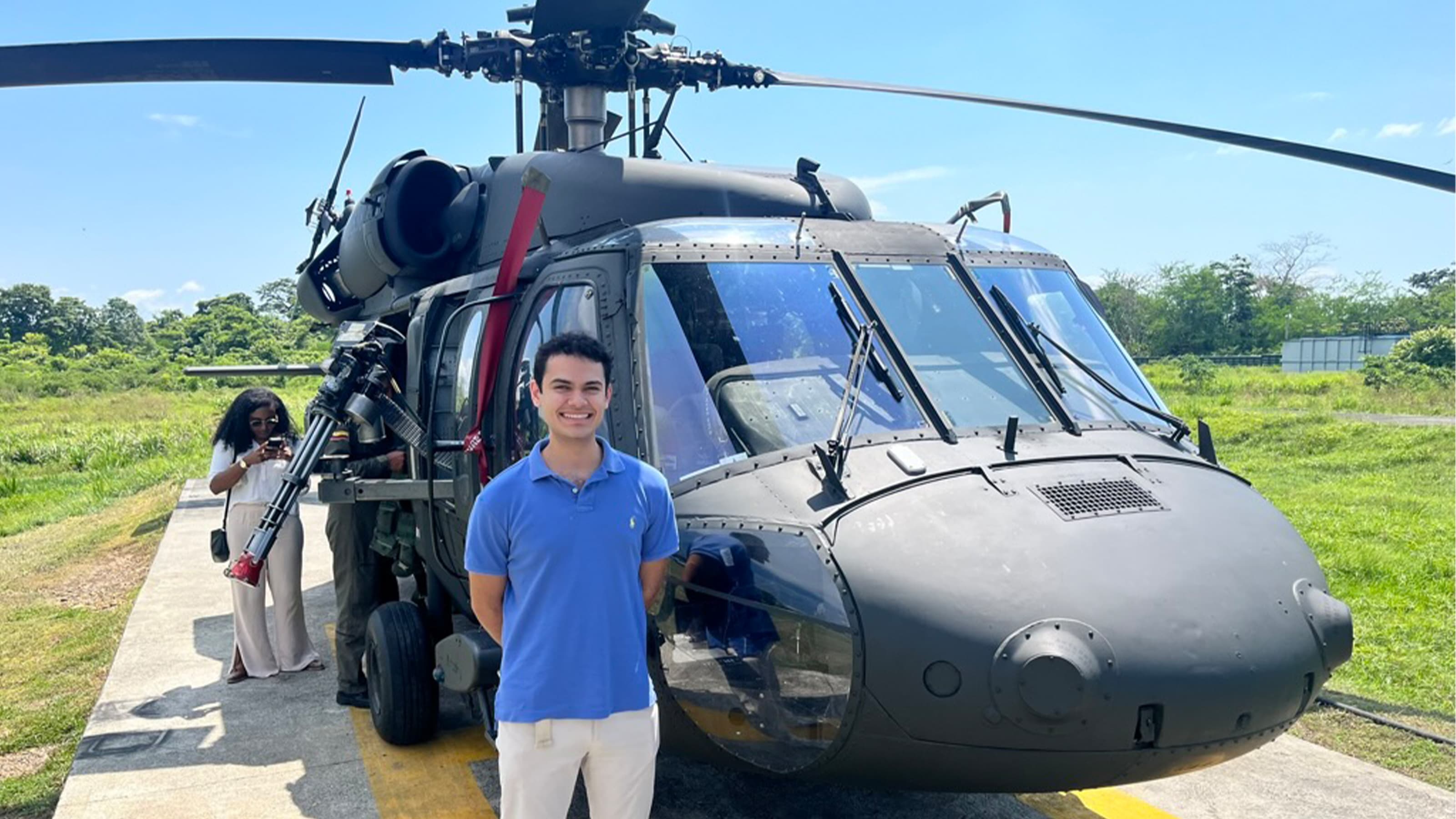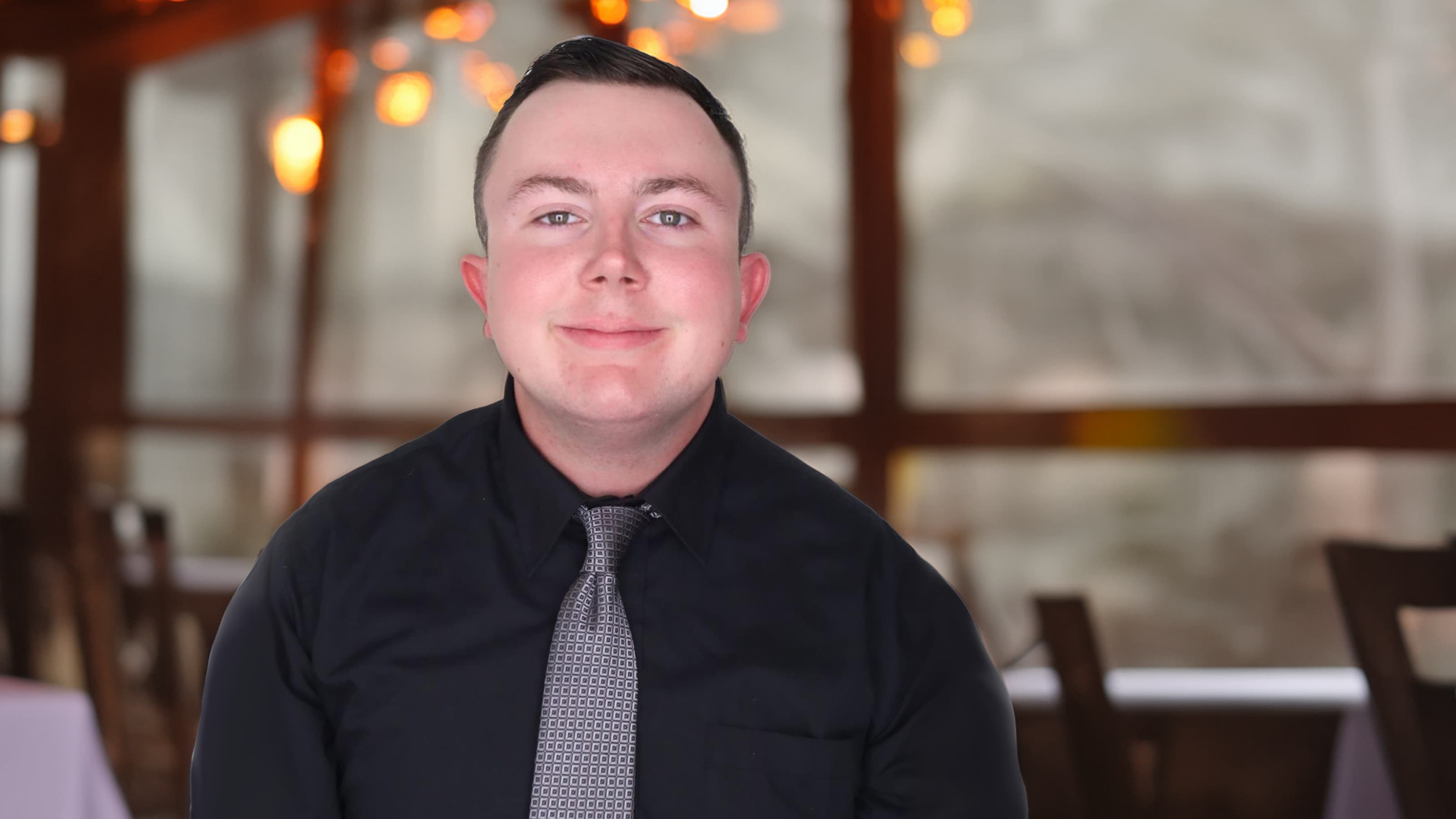How Saint Joseph’s Health Studies’ Students Are Gaining New Perspective on COVID-19
Health studies students at Saint Joseph’s are connecting the present with the past by studying the COVID-19 pandemic's parallels to the story of “Typhoid Mary,” along with research on food safety and public health.
 This illustration of “Typhoid Mary” appeared in The New York American in 1909.
This illustration of “Typhoid Mary” appeared in The New York American in 1909.
In the early 1900s, a cook named Mary Mallon took a job working for a family in Long Island, New York. Within weeks, most of the family came down with typhoid fever. She moved on to other jobs, with similar results.
Mallon, better known as “Typhoid Mary,” was the first person in the U.S. identified as an asymptomatic carrier of the disease. Her lack of symptoms made her unwittingly infect others.
As the number of COVID-19 cases continue to rise across the world, Saint Joseph’s students enrolled in health studies courses are connecting the current pandemic to Mallon’s story, along with lessons on food safety and public health, through research that helps them understand what is happening today and how it can shape the future.
“Usually, the topic of Typhoid Mary and food safety is something that I cover later in the semester,” says Sally Kuykendall, Ph.D., professor of Health Services “But given the timeliness of COVID-19 and spring break, I adjusted the syllabus so the students could watch a video about her case over the break and then come back ready to compare the two.”
As part of the assignment, students wrote essays that explored issues such as racism, gender bias and the transmission of food-borne illnesses.
“I was impressed by the depth of research and critical thinking students applied to this assignment,” Kuykendall says. “You get something that’s good, but topical. This year, students were able to connect the racism that Mary faced with that against Asian people today. They also explored the rights of individuals versus the government’s responsibility to keep everyone safe.”
One student, Katherine Battaglia '21, drew parallels between Mary Mallon and COVID-19 by identifying the common goal in both cases.
“All politics and affiliations aside, everyone involved in this horrific pandemic deserves justice, too,” says Battaglia. “In a time when emotions are high, fear is heightened, and the world appears to be in utter chaos, it is vital that we remain kind and care for one another.”
As a result of the assignment, Kuykendall is seeing a change in her students’ behaviors.
“Students are more cognizant of things related to food safety and overall health,” she says. “Instead of just rinsing produce, they are actively scrubbing it with a produce brush. They’re relying on more reputable scholarly sources to gather information and not just those who are more media savvy.”
In a time when emotions are high, fear is heightened, and the world appears to be in utter chaos, it is vital that we remain kind and care for one another.”
Katherine Battaglia '21
Kuykendall predicts that many of these changes will also extend to the rest of society. She thinks the aftereffects of COVID-19 will lead to a greater respect for public health, how health care is delivered and what people choose to ultimately prioritize.
“People will really re-evaluate whether they actually need to work extra years or if they can retire and instead focus on their family, health and other things that truly matter,” says Kuykendall. “This in turn will open up opportunities for new graduates and younger employees.”
Throughout the remainder of the semester, Kuykendall will continue engaging her students in topics related to health, connecting it to the current pandemic when applicable. She remains inspired by the commitment students are showing not only to their studies but to each other.
"I am so proud of how SJU students are responding," she says. "They are not out partying on boats or at the beach. Many have stories to tell about why they are practicing physical distancing and the loved ones they are protecting."



